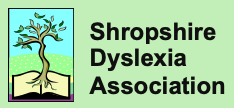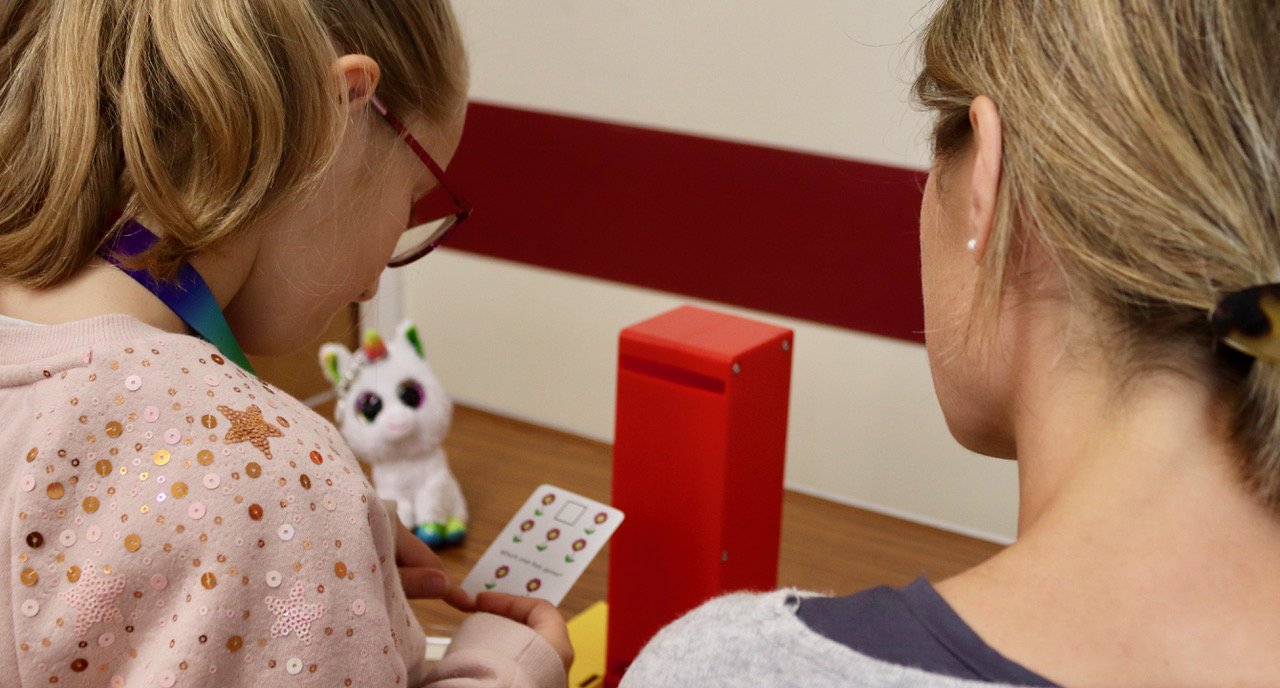
Assessment
Dyslexia can only be formally diagnosed through a Diagnostic Assessment carried out by a certified assessor or Educational Psychologist.
During an assessment, the assessor will carry out a series of tests to explore aspects of underlying ability such as:
Reading, writing and spelling
Handwriting and fine motor skills
Underlying learning skills: phonological awareness, speed of processing and memory, speech and language and auditory processing. An informal chat before the assessment will help gather background information.
A typical assessment takes between 3-5 hours.
Finding an assessor
All assessors must follow professional guidelines requiring continuing professional development. To find a qualified tutor or assessor, we recommend searching the registers provided by the BDA and Patoss. It is possible to search by postcode or town to find an assessor close to where you live. Please click the icons below to be taken to their websites.
The Shropshire Dyslexia Association does not recommend any individual. It is your responsibility to check the credentials of the assessor. The Shropshire Dyslexia Association cannot accept responsibility for any advice or information provided.An up-to-date Assessment Practising Certificate (APC) is required for a Disabled Student’s Allowance (DSA) application. Check for SASC approved assessors with APC on the link below.
Why have an assessment?
A detailed report will follow the assessment and will provide:
Evidence of the individual’s dyslexic profile (if identified)
Strengths and weaknesses
Recommendations for study and support with day-to-day life
Signposting to support services or referral for further assessments for specific learning difficulties (if required)
The report may be used to provide evidence:
To apply for funded support at university known as Disabled Students' Allowance (DSA). Note that the assessor must hold a current APC (Assessment Practising Certificate).
For Exam Access Arrangements whilst studying at college, university or for professional qualifications.
To apply for Exam Access Arrangements at school (such as extra-time, a reader or a scribe). Note that the JCQ requires the assessor to contact the school’s Special Educational Needs Coordinator (SENCO) prior to an assessment.
For employers to help an individual gain the most of their strengths and minimise the challenges they might experience as a result of their dyslexia (reasonable adjustments).




